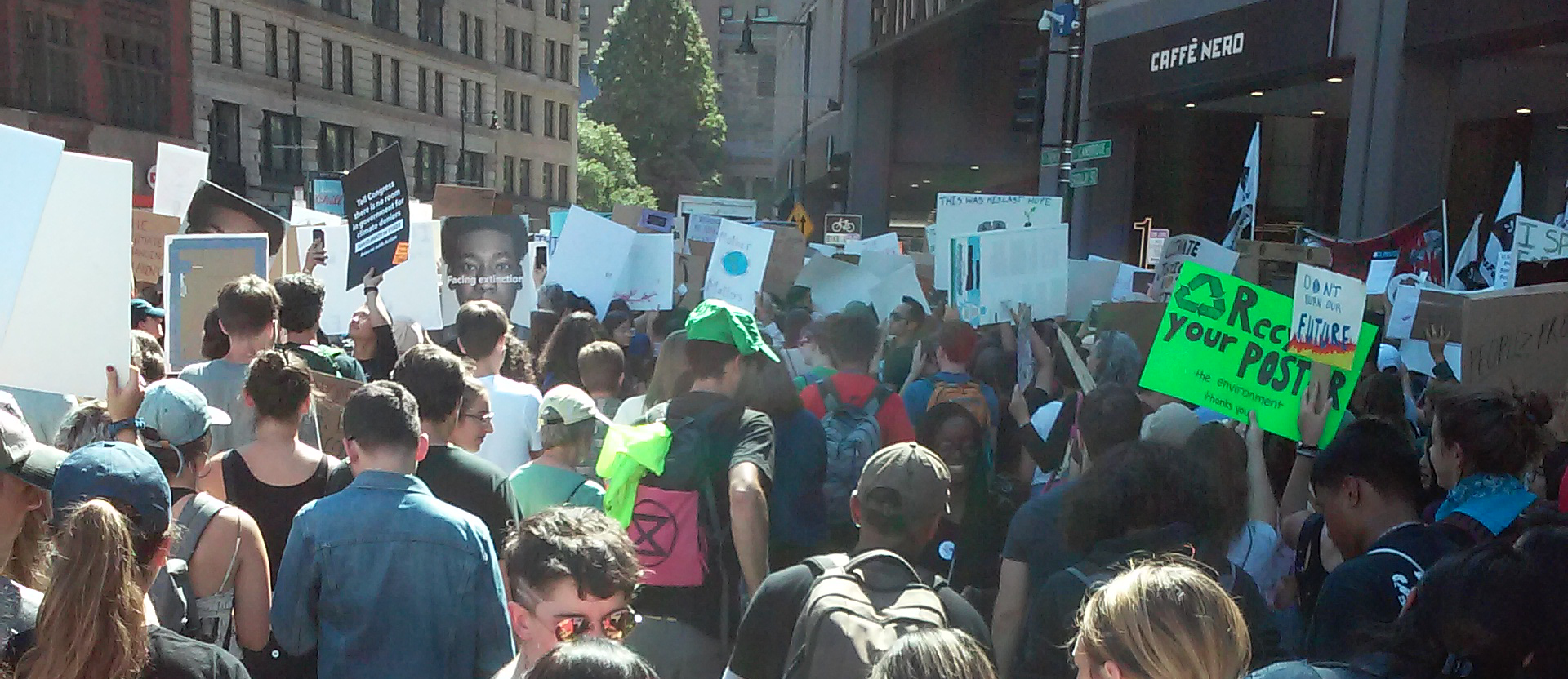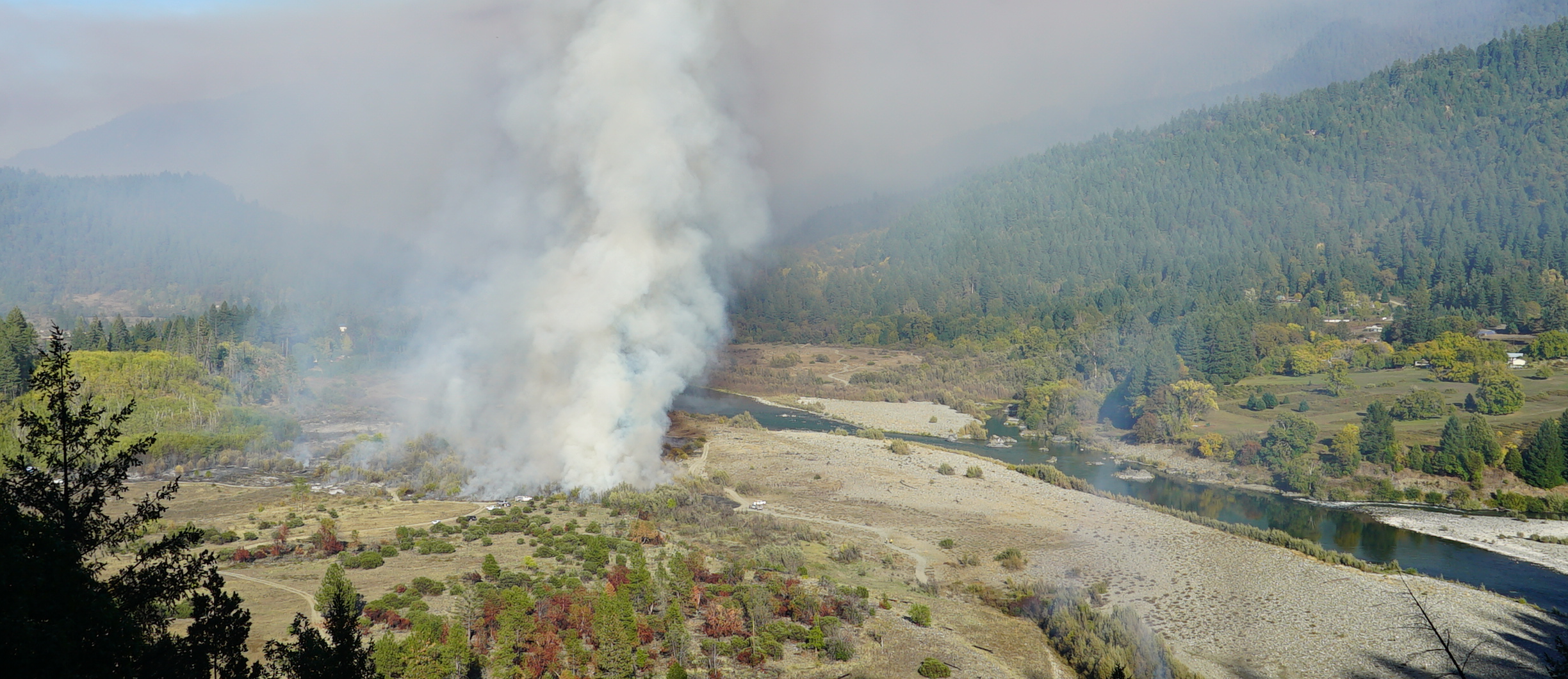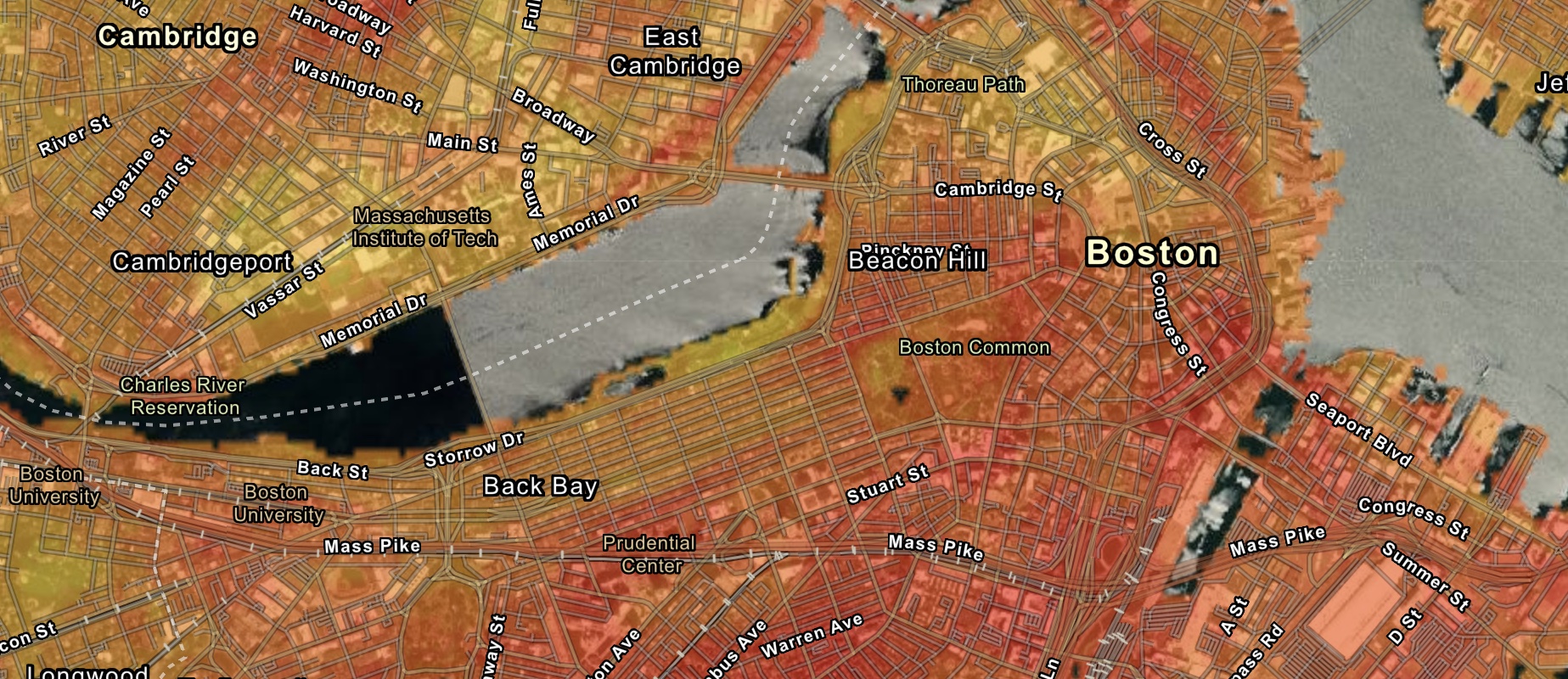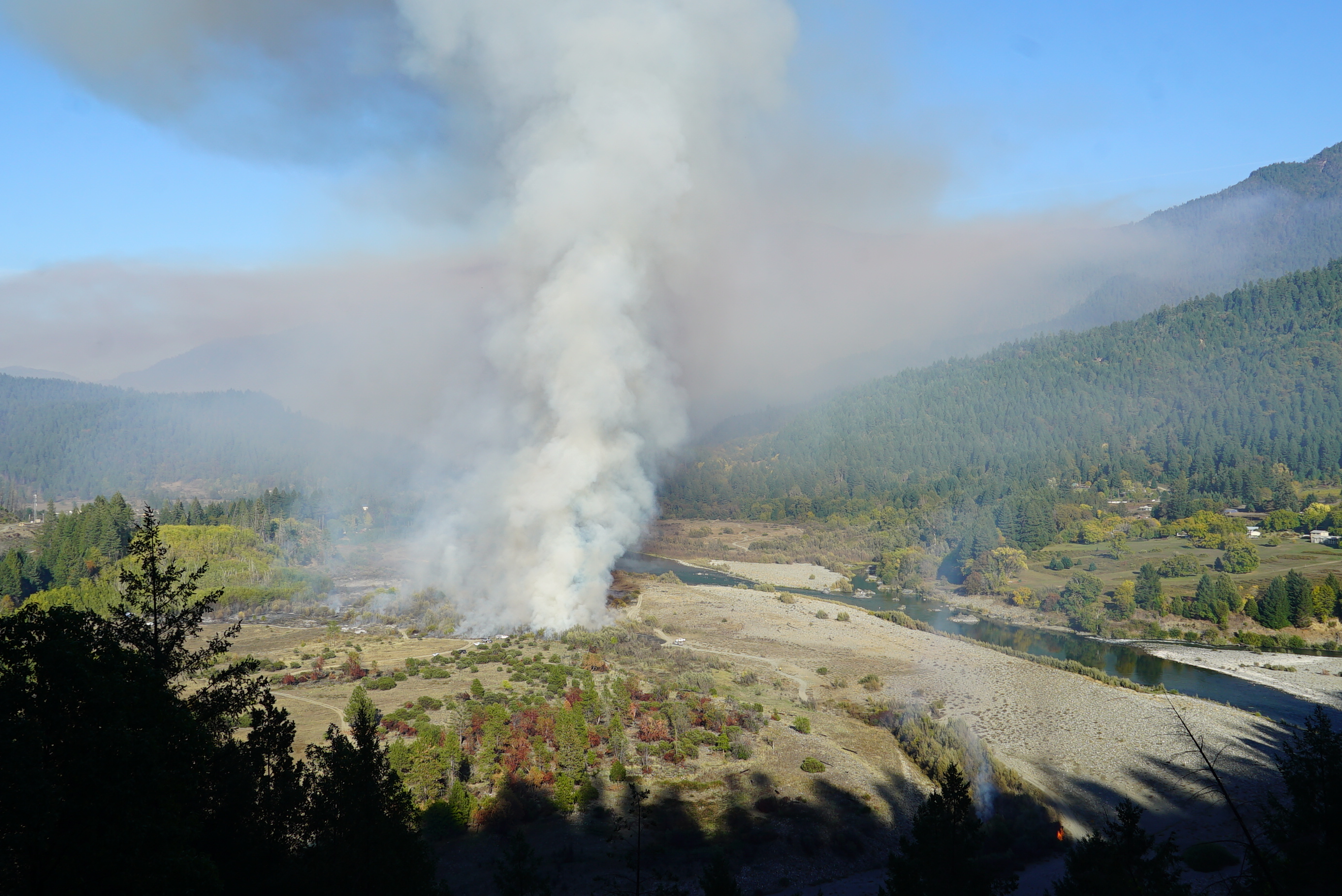If the river is sick, the people are going to be sick.
— Susan Masten, Yurok Tribe
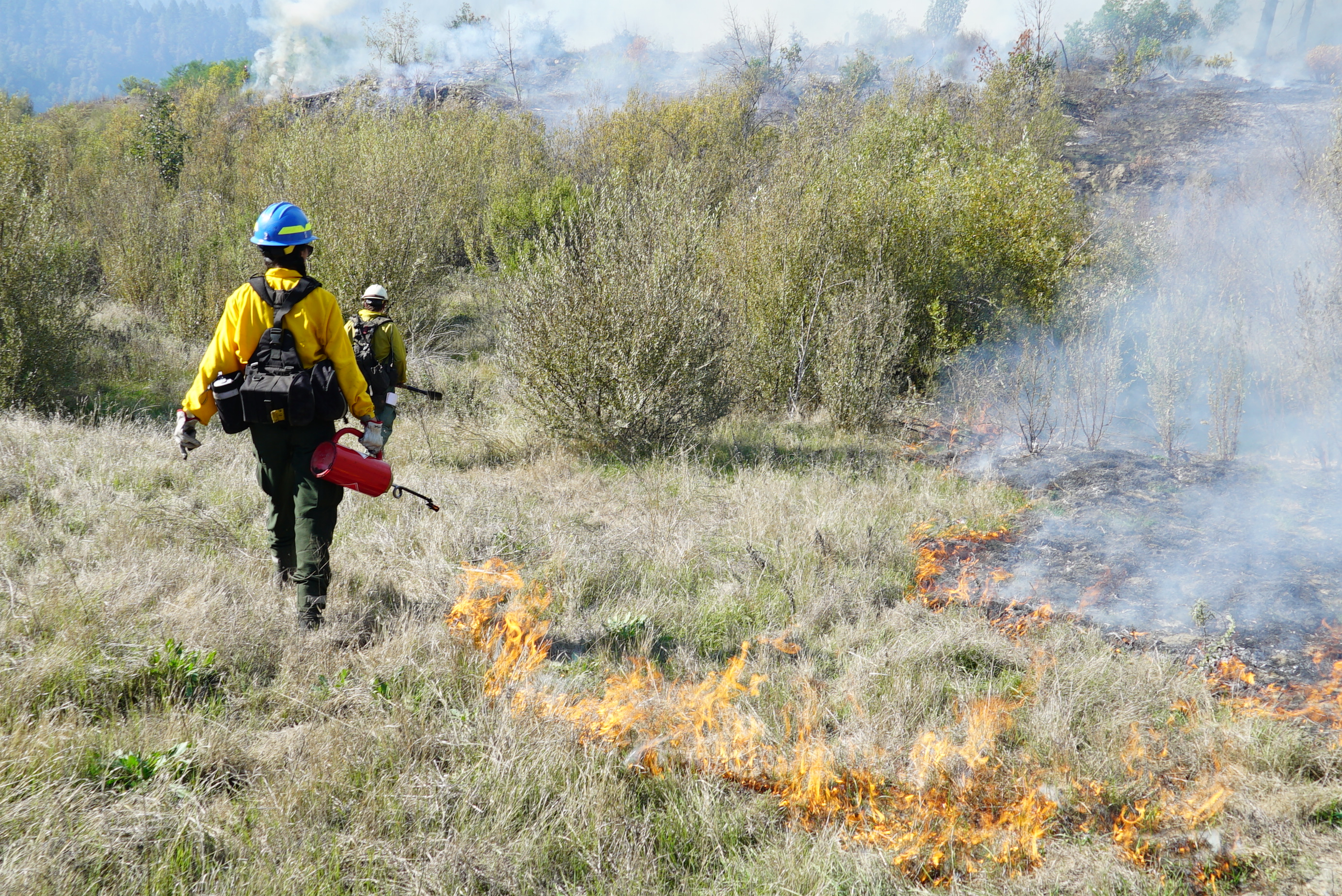
If you visit the Klamath river in modern-day Oregon and California, you might pass through the lands of the Karuk áraara (upriver people) as well as the Yurok and many other indigenous people who have lived there for thousands of years. The river and its salmon have tied these people together and are essential to their diets and cultures. Since the arrival of white European settlers in the 19th century, the river’s larger ecosystem has been abused for profit creating social, economic, and ecological disparities. Five hydropower dams, large-scale agriculture, logging and game fishing have all altered the river’s health, creating toxic algae and a dramatic reduction in salmon populations. While these indigenous tribes celebrate recent hard-won victories such as the planned removal of the dams to protect the salmon, many other battles lie ahead to ensure the health of the Klamath for future generations.
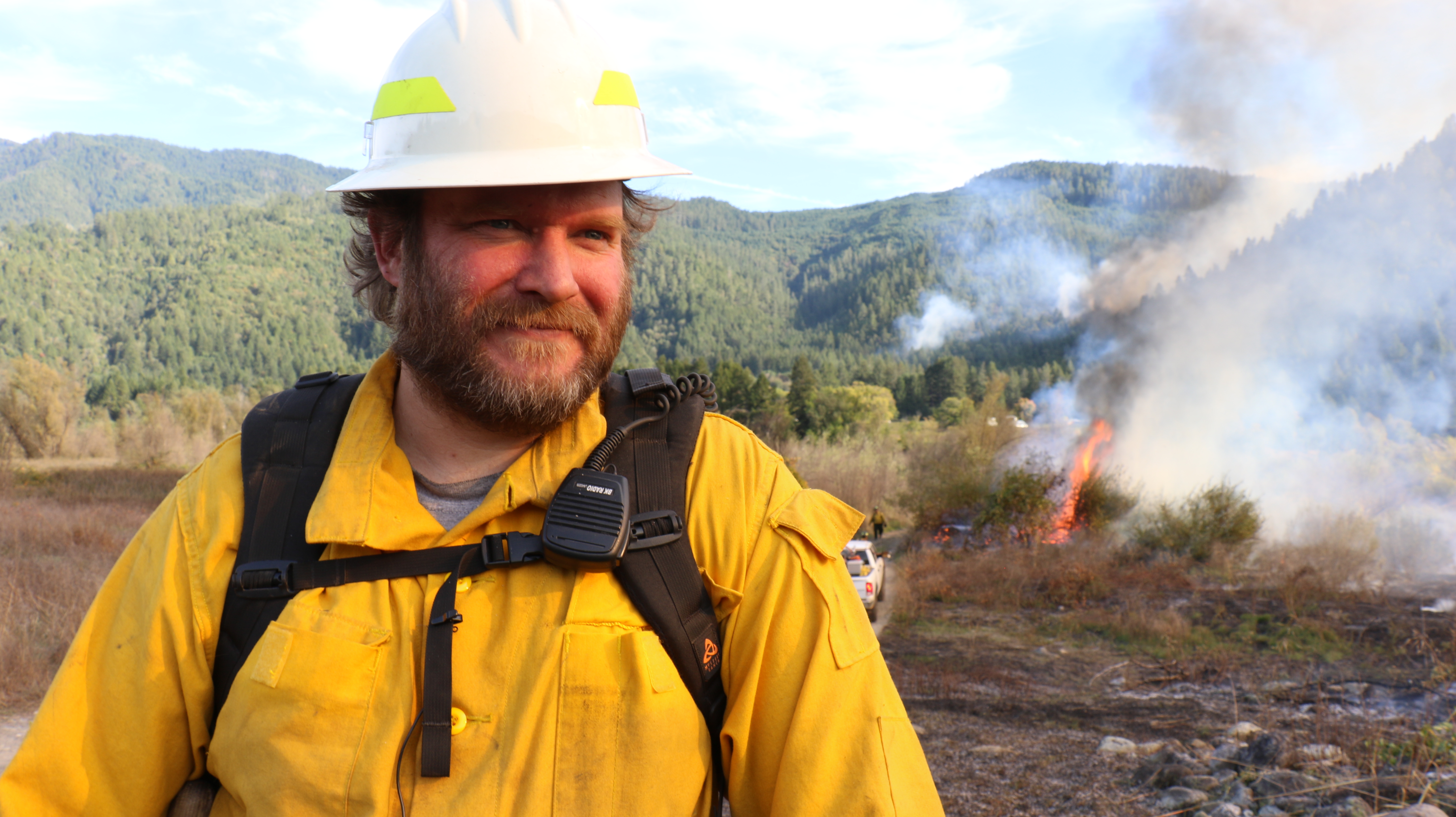
Bill Tripp
Director of Natural Resources and Environmental Policy for the Karuk Tribe’s Department of Natural Resources
Healing the Land and Water through Indigenous Practices
“If we don’t have fire we don’t have food for our food.”
Bill Tripp works to restore the role of fire and cultural burning in the Klamath ecosystem. Using fire is a spiritual practice as well as a practical one for Karuk people as it builds soil, purifies water and feeds trees. In the last century it has been taken away from the Karuk through federal and state regulations that view fire as a hazard instead of a critical part of managing the land, protecting the watershed and the salmon and other life within it.
“There’s a lot of room for society to start recognizing that our indigenous knowledge, practices and belief systems should exist unimpeded. In a way we’re an endangered species ourselves… If we don’t revitalize our purpose for being through reconnecting these systems to our homeland environment, while we still have the storytellers and interpreters in our community, then it’s going to be gone. And it’s going to be too late.”




